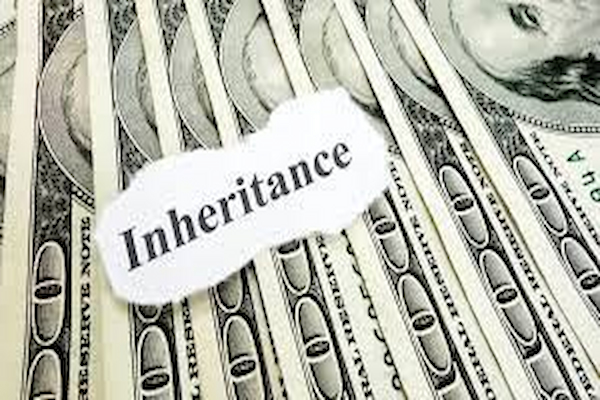Bankruptcy & Inheritance
Filing for Chapter 7 Bankruptcy in Michigan may affect your inheritance.
Have you received an inheritance or do you expect to receive one in the near future? For debtors in your position, one key concern is usually whether or not you’ll lose your inheritance. To help you understand the ramifications of bankruptcy on inherited assets and find the right path to debt relief, here are answers to a few common questions.
Is your inheritance subject to liquidation?
The most important question you most likely have is whether or not your inheritance will even be subject to liquidation to pay creditors. The answer generally depends on the timing of the inheritance and the bankruptcy filing.
If you file bankruptcy after receiving an inheritance, it will generally be included in assets that the bankruptcy trustee can use. An inheritance received in less than 180 days from the filing date will also likely be included in the case. Beyond this time frame, your inheritance — like most other assets — is no longer part of the case.
Can your inheritance be exempt from liquidation?
The good news for those filing bankruptcy is that a set of exemptions exists to help protect certain assets. These exemptions identify the types of goods and dollar amounts that are not subject to liquidation. For example, a Michigan claimant may exempt up to $40,475 in equity in a home. This can be an inherited property or one you bought yourself.
One of the first steps any beneficiary should take is learning about the specific exemptions allowed by their state and on the federal exemption list. Depending on the type of asset inherited and its value, this may solve your problem and allow you to go ahead with filing.

Can you move or “hide” your inheritance?
Those planning for bankruptcy may consider more extreme measures to try to protect assets they may lose. Unfortunately, this includes trying to move, transfer, or hide assets from the bankruptcy court.
While this temptation is understandable, it is bankruptcy fraud and can cause worse problems than you had before. If the bankruptcy court or trustee discovers signs of such fraudulent behavior, they can deny your entire case. You can even be charged with a crime.
Should you use an inheritance to pay off debts?
The decision to use your inheritance to pay off debts should be undertaken carefully. If the money from an inherited asset could prevent you from having to file bankruptcy, it may be worth your while. However, you should be careful not to use assets that would be protected from bankruptcy, as paying off debts with these means losing money you could otherwise keep.
If you do want to pay off part of your debt with an inheritance but may end up in bankruptcy anyway, consult an attorney. Why? You’ll need to avoid giving the appearance of fraud through paying debts preferentially, such as paying off a family member rather than your credit card debt.
Should you use your inheritance for luxuries?
If you expect to lose your inherited asset to bankruptcy, should you just spend it beforehand? Perhaps, but be cautious about how you use the money. Spending it on your daily living needs is generally an acceptable pre-bankruptcy use of funds. However, spending it on luxuries solely so that creditors don’t get it would likely be deemed bankruptcy fraud.
Recent Posts
- LGBTQ Couples Can File For Custody, Even If They Were Banned From Marriage
- Divorce Across State Lines
- How Filing Bankruptcy Helps You
- What NOT To Say During Child Custody Mediation in Michigan
- What Happens To My Retirement Accounts In A Michigan Divorce?
- Bankruptcy & Tax Debt: What You Need To Know
- Supervised Visitation In Michigan Child Custody
- Can I Contest A Prenuptial Agreement During Divorce In Wayne County?
- Debt Relief vs. Bankruptcy: What’s The Right Move?
- What Is Friend Of The Court In Wayne County?
